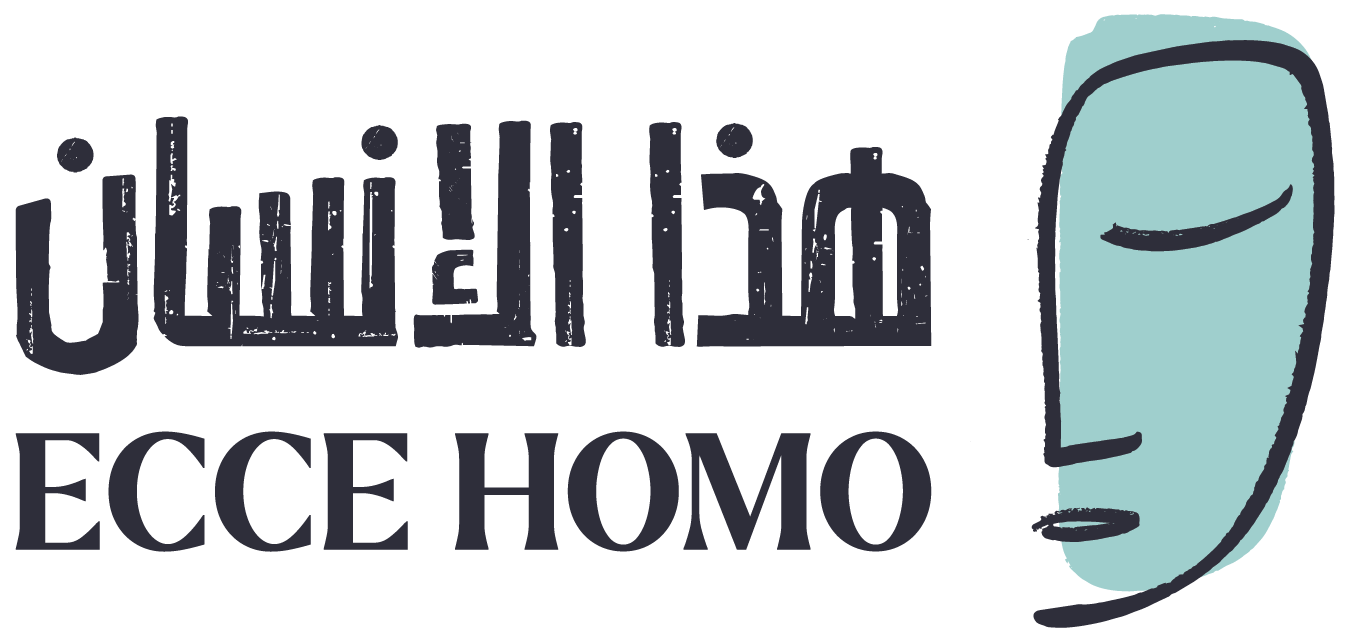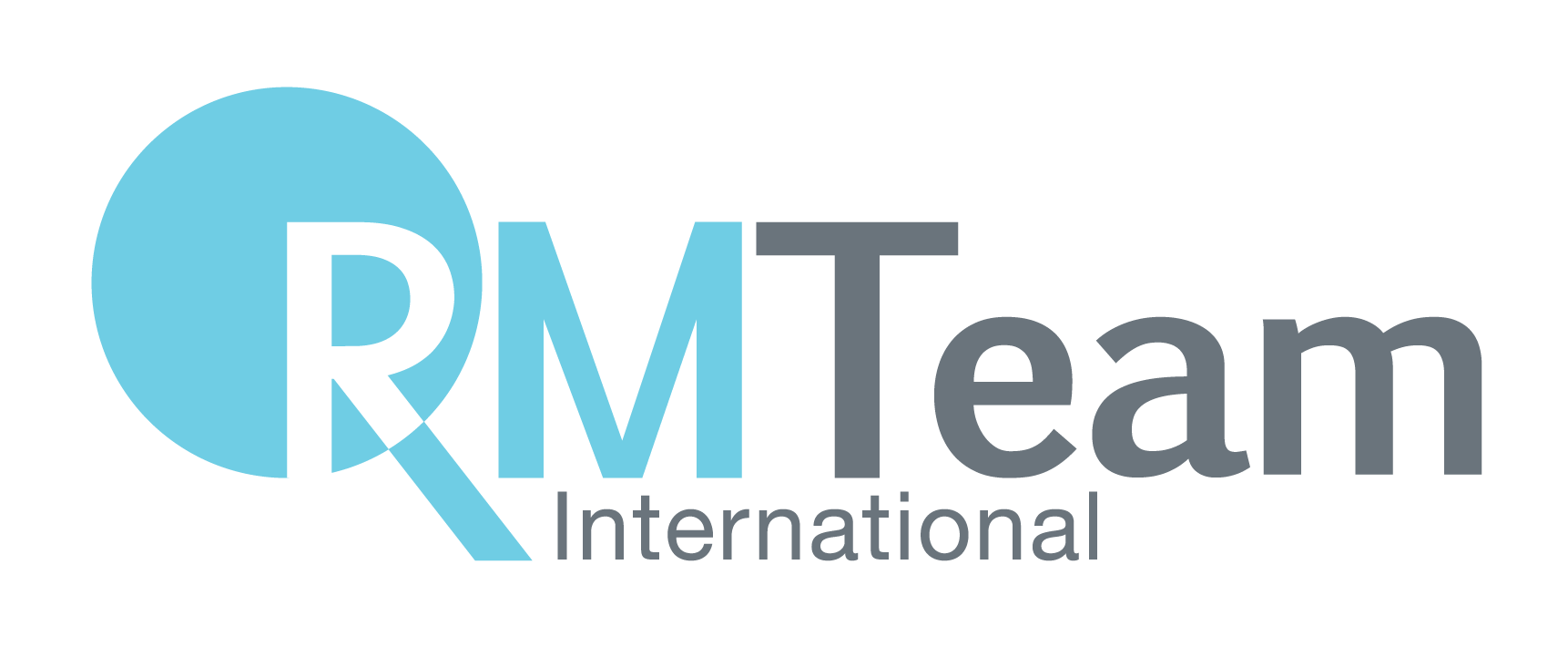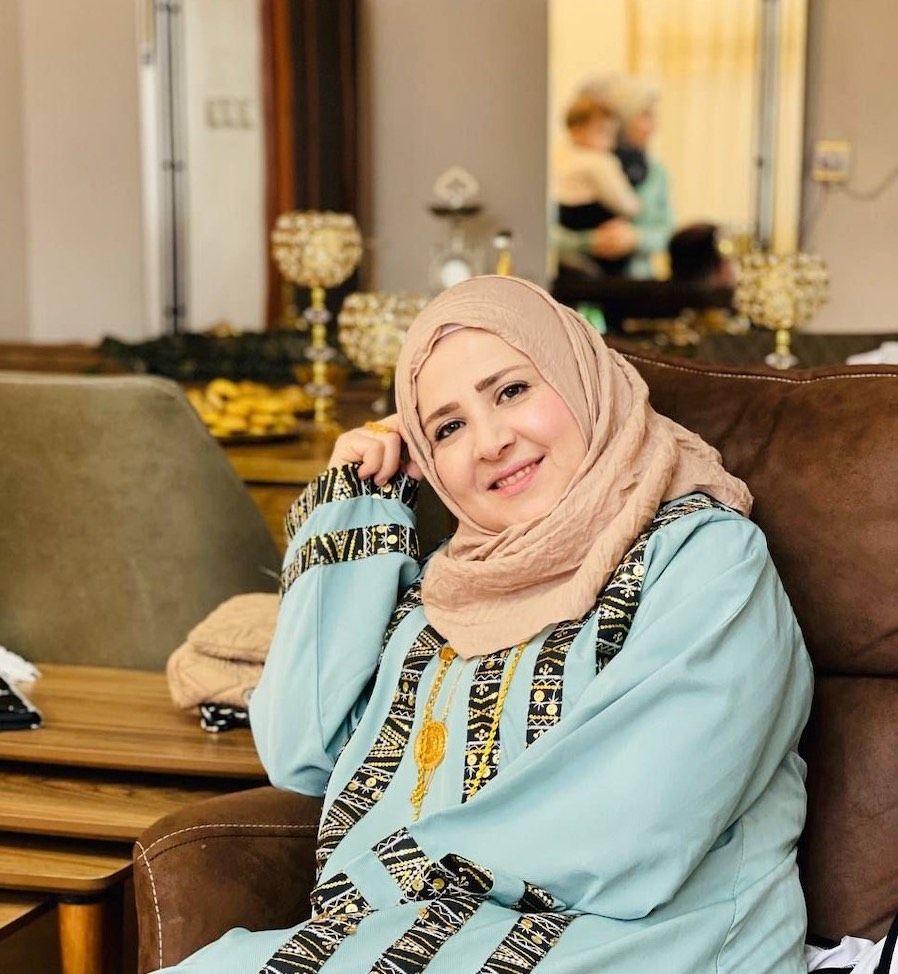
“Kareemat”, Najla’s Spontaneous Initiative: From Syria, to Kilis, to the World
We have heard many stories of Syrian women during recent struggles, and even before that; but, Najla’s story stands out among others from different Syrian regions. Hers is a tale of education, activity, and struggle.
Originally from the city of A’zaz, North of rural Aleppo, Najla and her family moved a lot due to her father’s profession as a policeman. She was born in Dara’a then moved to Damascus, where she spent most of her primary school years before leaving, with her family, to Aleppo. During second grade, she was removed from school to undergo proper home-making training within her household – cooking, washing, and ironing – as her grandfather, a reputable Imam and Arabic language teacher, considered this as necessary to fulfill her future duties as a wife.
Najla played an essential role in raising her brothers, especially after she became the one responsible for her family’s household. Being regarded as a “young mother”, her siblings became extremely attached to her. Nevertheless, she persevered and continued educating herself through reading and strengthening her Arabic language, which she had a soft spot for. When she turned 18, she got engaged, under the condition that she would be able to complete her education after marriage. She then married and lived in Damascus where she obtained her middle school certificate and then her secondary school certificate. It took her two different attempts to obtain the latter due to demanding daily duties, being home-schooled, stopping education for a long time, and giving birth to her eldest son, Hussein.
In addition to that, she sought, in her own ways, to secure her family financially through importing clothes from Turkey, which the city of A’zaz was famous for, to sell in Damascus where she resided. After obtaining her secondary certificate and further developing her Arabic language skills, she also started giving private lessons for primary school students, all of which excelled in their studies due to her teaching methods.
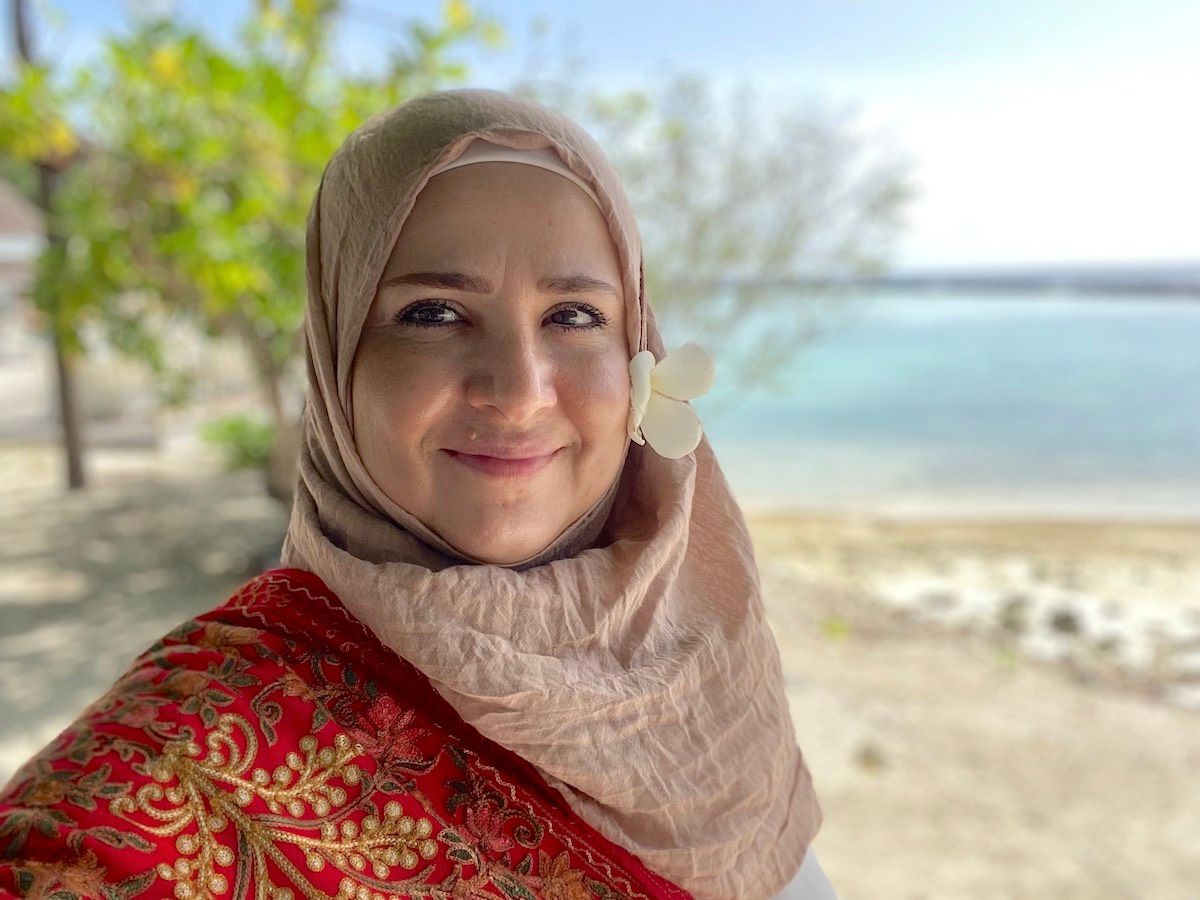
Furthermore, Najla established a positive relationship with the young men and women in Daraya, a city famous for its residents’ level of involvement in social and national activities such as cleaning public facilities, campaigning against bribery, boycotting smoking, as well as following and promoting Sheikh Jawdat Saeed’s thoughts on non-violence.
She was given the nickname of “Al-Halabiya” in reference to her family’s origins. Najla’s hospitable home became a meeting place for many activists. It was there that they decided to participate in the ventures of the Syrian Revolution in 2011 in the town of Al-Salihiya, through a small movement that the regime met with violent repression and arrests.
She was given the nickname of “Al-Halabiya” in reference to her family’s origins. Najla’s hospitable home became a meeting place for many activists. It was there that they decided to participate in the ventures of the Syrian Revolution in 2011 in the town of Al-Salihiya, through a small movement that the regime met with violent repression and arrests.
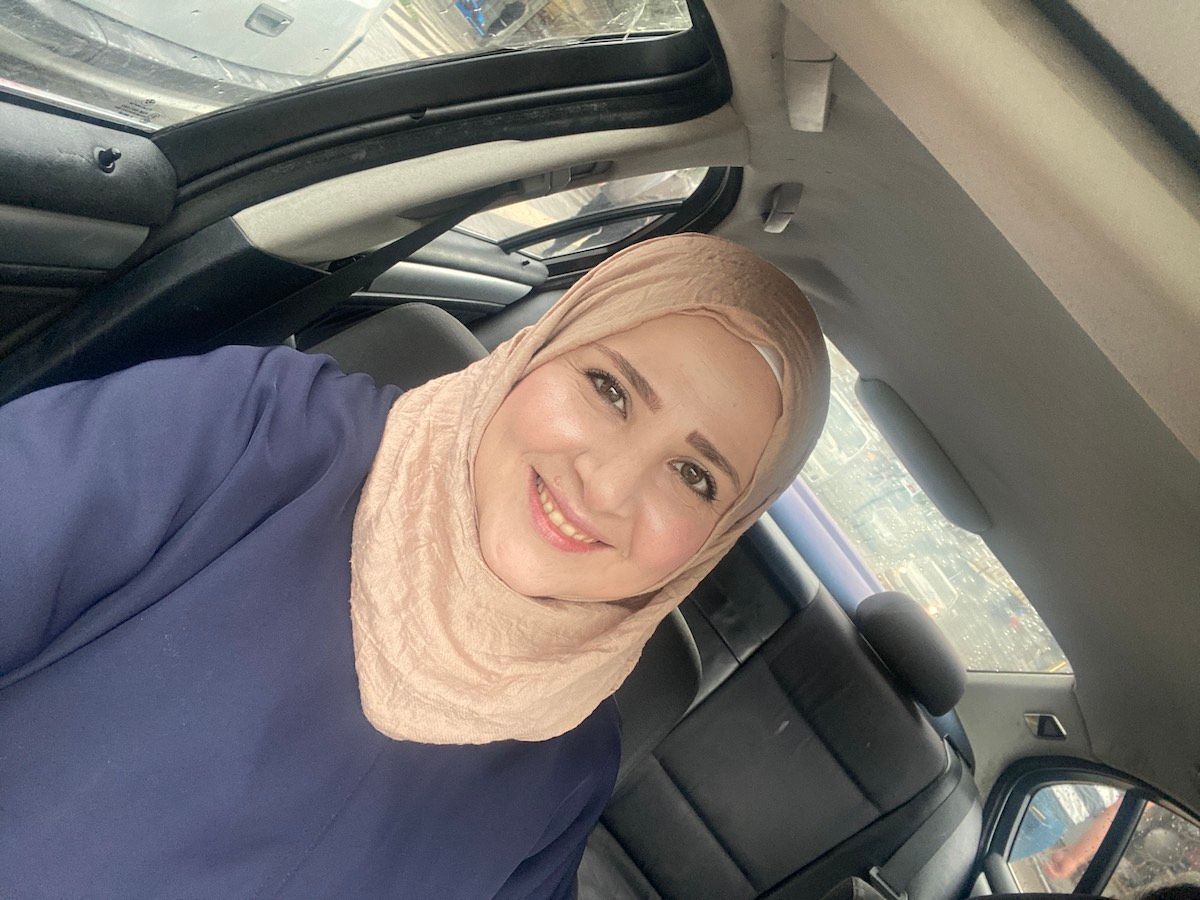
Every Friday, following the events in Daraa, people in Daraya participated in revolutionary activities. Najla took part in the women’s demonstrations, which were preceded by the men’s, until the day her female peers joined the movement. She recalls the coded language they used during their phone calls to avoid the usual censorship; “Don’t forget to pick up the grape basket from uncle Abu Taha’s house!”, meaning that Friday’s demonstration will depart from Taha Mosque!
Najla’s house turned into a workshop for preparing banners and signs that people carried during demonstrations. On the first of May, security forces raided her house to find it empty because the young woman and her family were, by chance, in Aleppo to celebrate her sister’s engagement. However, the men returned the next day and arrested her husband. She fully remembers that moment as she was not aware to what extent her children knew about her involvement in revolutionary activities. When security forces asked for her husband’s ID and phone, her eleven-year-old son, Hussein, handed them over after he instinctively removed the memory card from the phone, emptying it of all video recordings of the demonstrations. Had those videos fallen into the hands of security forces, they would have extremely harmed Najla’s husband.
She fully remembers that moment as she was not aware to what extent her children knew about her involvement in revolutionary activities. When security forces asked for her husband’s ID and phone, her eleven-year-old son, Hussein, handed them over after he instinctively removed the memory card from the phone, emptying it of all video recordings of the demonstrations. Had those videos fallen into the hands of security forces, they would have extremely harmed Najla’s husband.
As if her husband’s arrest was not enough, news of her father’s and uncle’s arrest on charges of protecting demonstrators was devastating for her; “I was ready to sacrifice my soul for him.” She hurriedly left for Aleppo with the aim of hiding her brothers out of fear of their arrest. Najla also tried to find where her father and uncle were detained, until she unexpectedly saw them being driven outside a security branch whose officers were famous for their brutality. Blindfolded and tied at the wrists and legs, officers were guiding them towards a bus that she and her brothers followed until they reached a civilian prison near the fortress. Without knowing where her courage came from, she followed them in, claiming to be a lawyer until she reached the office of the investigator, whose name she still remembers today. She drew closer to her father and uncle and saw them barefoot, with traces of brutal beating and torture still visible on their feet. She automatically took her sandals off to give one pair to her father and the other to her uncle.
When the officer noticed her presence, he summoned her and started humiliating and threatening her without taking into consideration her father’s and uncle’s old age and chronic health conditions, which were manifested through involuntary movements that they had no control over. After a long fasting day during the month of Ramadan, and after endless threats, offensive language and intimidation, the investigating officer accepted their release on the condition that Najla agrees to kiss his hand, which she did, despite the fact that she despised his strong influence on her. She just wanted to protect her family. After their release, they returned to A’zaz to a popular reception that will forever stay present in her memory.
After a long fasting day during the month of Ramadan, and after endless threats, offensive language and intimidation, the investigating officer accepted their release on the condition that Najla agrees to kiss his hand, which she did, despite the fact that she despised his strong influence on her. She just wanted to protect her family. After their release, they returned to A’zaz to a popular reception that will forever stay present in her memory.
The young woman then retired to her room, affected by what the officer forced her to do; however, she was aware that her worries did not end there. She returned to Daraya and participated in a sit-in in front of the Air Force Intelligence headquarters to demand the release of her husband and his companions. After they were released, she realized that staying in Daraya was risky, especially after the arrest of most of her comrades and companions. Therefore, she decided to move to Aleppo, where her family was – after they left A’zaz which was partially destroyed due to military repression. She stayed there for a while before returning with her family to A’zaz after the regime forces left. She continued going to Aleppo every few days to participate in demonstrations and visit families affected by the war.
On August 15th, 2012, A’zaz was targeted with barrel bombs. At that moment, Najla and her family left everything behind and moved to Turkey, where she turned a new leaf.
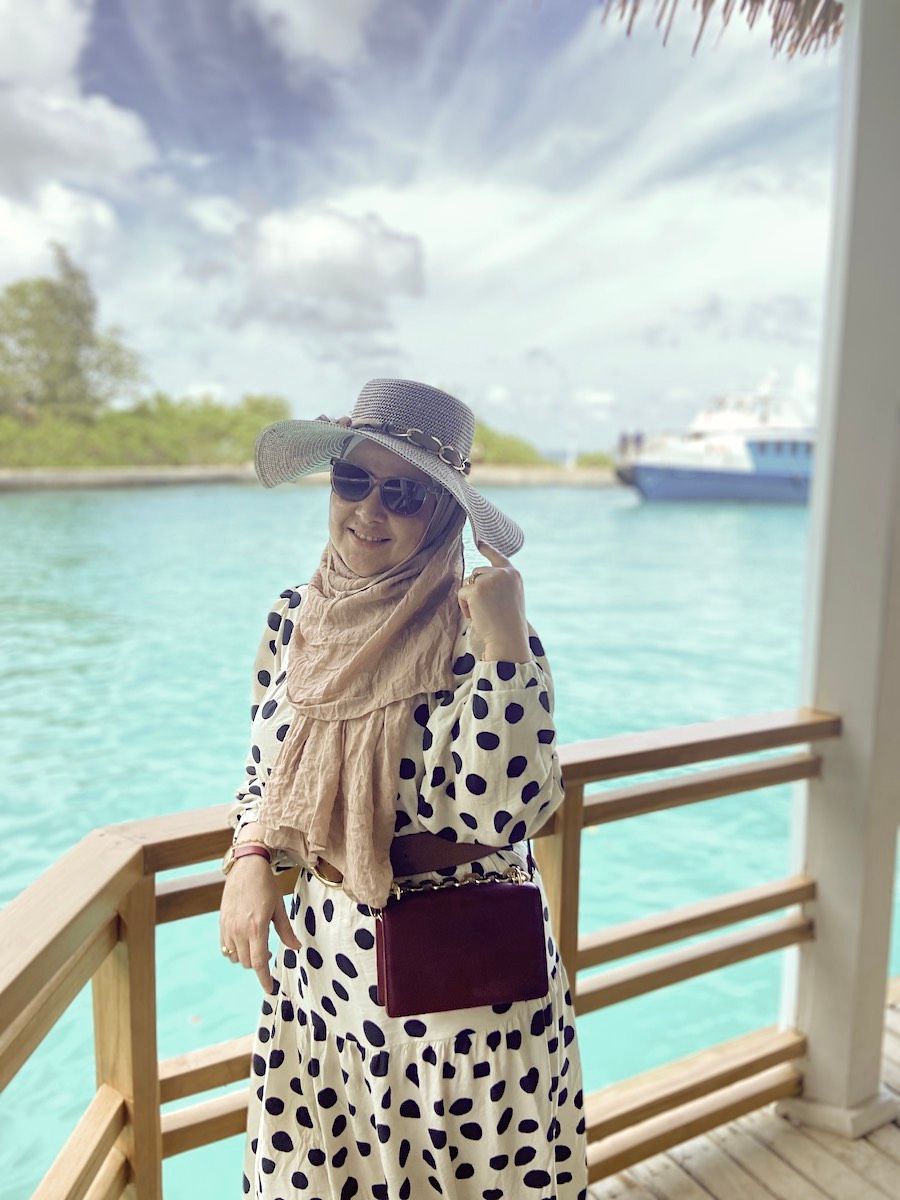
Initially, the young woman thought that it would be impossible for her to live abroad, and that she would soon return to her homeland, especially with the developments that were happening in Syria at that time. The family struggled until they found an Arabic-style house, in the city of Kilis. The house was in poor condition; however, they rented it and renovated it with the help of the house-owners themselves.
Seeing a line of Syrian women near a pick-up truck distributing milk and diapers in Kilis hurt Najla a lot. She tried to speak with some of the women who were accompanied by many children and learned that they were from the northern countryside of Aleppo, and that they worked as seamstresses. She then felt a need to launch an initiative to help them.
Seeing a line of Syrian women near a pick-up truck distributing milk and diapers in Kilis hurt Najla a lot. She tried to speak with some of the women who were accompanied by many children and learned that they were from the northern countryside of Aleppo, and that they worked as seamstresses. She then felt a need to launch an initiative to help them.
She visited the owner of her Turkish house, and without a common language, asked him to borrow some money. So, he loaned her 1000 Turkish Liras, thinking that she needed them herself since her house, at the time, lacked basic furniture. However, Najla bought a quantity of woolen threads and invited 18 women to prepare products that she would later sell to support them – without even having a clear plan for that.
She started contacting these women periodically alongside her work with an organization as a health-care provider, which ensured some financial stability for her and her family. After getting to know them closely, she identified the needs of the women she was working with and was able to provide them with psychosocial group support sessions. She also followed up on cases that required attention through specialized organizations.
Once the Turkish home-owner realized why Najla borrowed money from him, he took her to meet with a local official in order to organize an exhibition showcasing the women’s products. After the location of the exhibition was determined, and upon the official’s request, they prepared Syrian food to be distributed at the event as well. The aim was not to introduce Syrian cuisine, as Najla later understood, but to sell it to those who visited the exhibition. All products were sold allowing the women to receive their wages. Najla was also able to repay her debt to the house-owner, and a modest sum remained to prepare for a second exhibition.
Syrian women flocked to take part in Najla’s initiative. She was able to join together 45 women who held 10 exhibitions in a year. Through her determination and harvested relationships, she marketed products that were developed from primitive material to better and higher-quality products that consider the different needs and tastes of consumers.
Syrian women flocked to take part in Najla’s initiative. She was able to join together 45 women who held 10 exhibitions in a year. Through her determination and harvested relationships, she marketed products that were developed from primitive material to better and higher-quality products that consider the different needs and tastes of consumers.
She was invited to Bosnia and Herzegovina for a conference entitled “Women Working for Change in Syria and Bosnia.” There, she introduced the work that she does with Syrian women back in Turkey and shared their page on Facebook. Najla also voiced their ambitions and needs and was able to receive funds to develop their work further. Back in Turkey, she was able to move her activities to an independent center that she renovated, Levantine style, so that the women can feel at home. She also started courses in sewing, wool-weaving, literacy, as well as English and Turkish language. The center also had a nursery for working mothers. In addition, with the support of the same local official, this initiative was licensed as an organization under the name “Kareemat”, meaning generous women in Arabic.
Back in Turkey, she was able to move her activities to an independent center that she renovated, Levantine style, so that the women can feel at home. She also started courses in sewing, wool-weaving, literacy, as well as English and Turkish language. The center also had a nursery for working mothers. In addition, with the support of the same local official, this initiative was licensed as an organization under the name “Kareemat”, meaning generous women in Arabic.
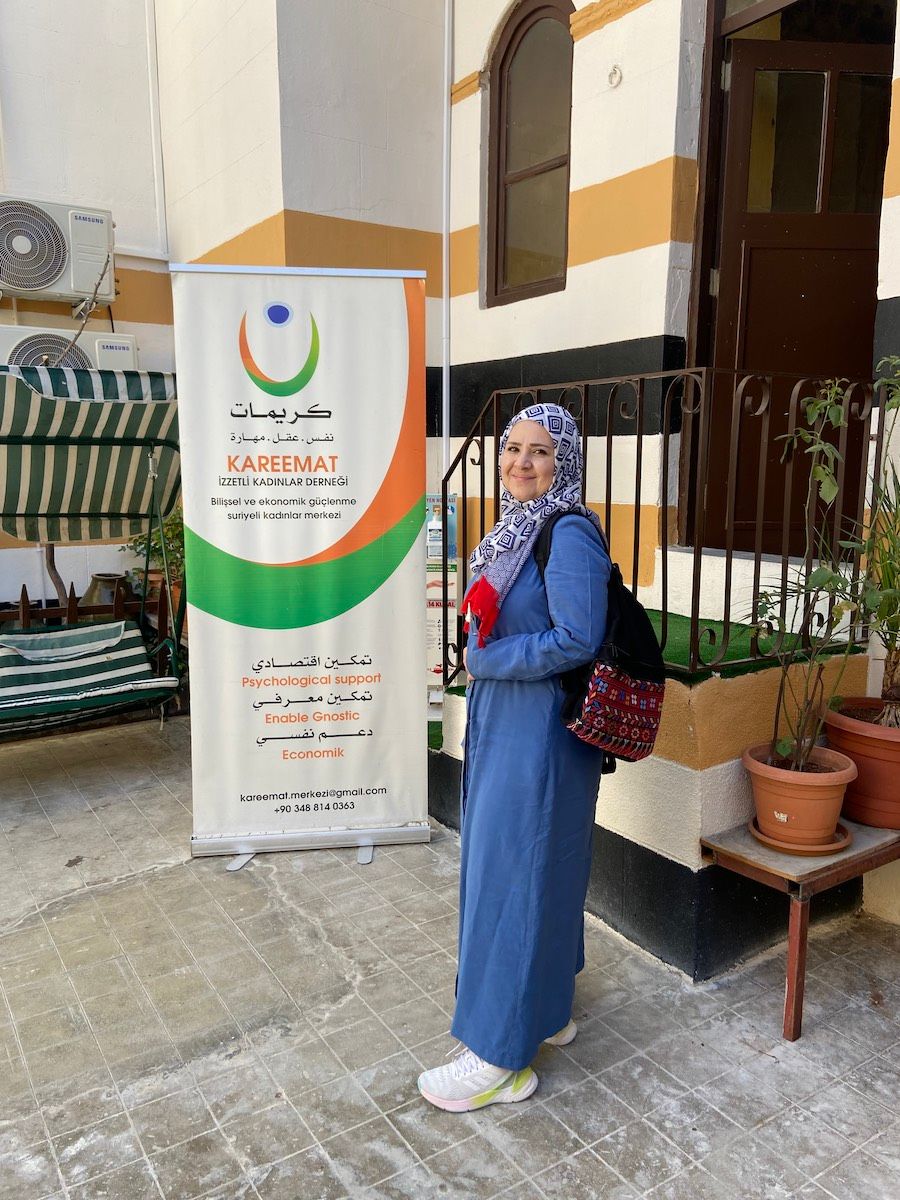
In cooperation with her peers in the “Peaceful Movement”, Najla trained qualified women, especially first generation of weavers, to assume management positions in the various departments of the new center. Their activities developed to the point where they were able to organize an exhibition in Belgium. Following that, they launched a doll, which they named “Hajar” commemorating the first Syrian girl who was martyred. The toy gained popularity, leaving by that a positive and comforting effect on the girl’s family, who had already moved to the United States.
In addition to the opening of a new department for psychological support, Najla and her colleagues developed computer and Turkish language courses even more, based on the needs imposed by the new situation of Syrian women in the country of asylum. The center was admired by the city’s municipality, which established a five-year partnership with them. Consequently, Kilis set an example of Syrian refugee integration in Turkey and their effective activities in coordination with local authorities. The center and the municipality jointly received Turkish ministers and other personalities. The mayor also suggested to Najla the possibility of working together to open similar centers for Turkish women, an initiative that she was gladly a part of, through planning, preparing, and marketing projects. Their efforts culminated in the opening of 11 Turkish centers that provided services to both citizens and refugees.
The center was admired by the city’s municipality, which established a five-year partnership with them. Consequently, Kilis set an example of Syrian refugee integration in Turkey and their effective activities in coordination with local authorities. The center and the municipality jointly received Turkish ministers and other personalities. The mayor also suggested to Najla the possibility of working together to open similar centers for Turkish women, an initiative that she was gladly a part of, through planning, preparing, and marketing projects. Their efforts culminated in the opening of 11 Turkish centers that provided services to both citizens and refugees.
The exhibitions did not stop. In 2016, the practice of beggary in Kilis was completely stopped through providing beggars with job opportunities and securing their needs.
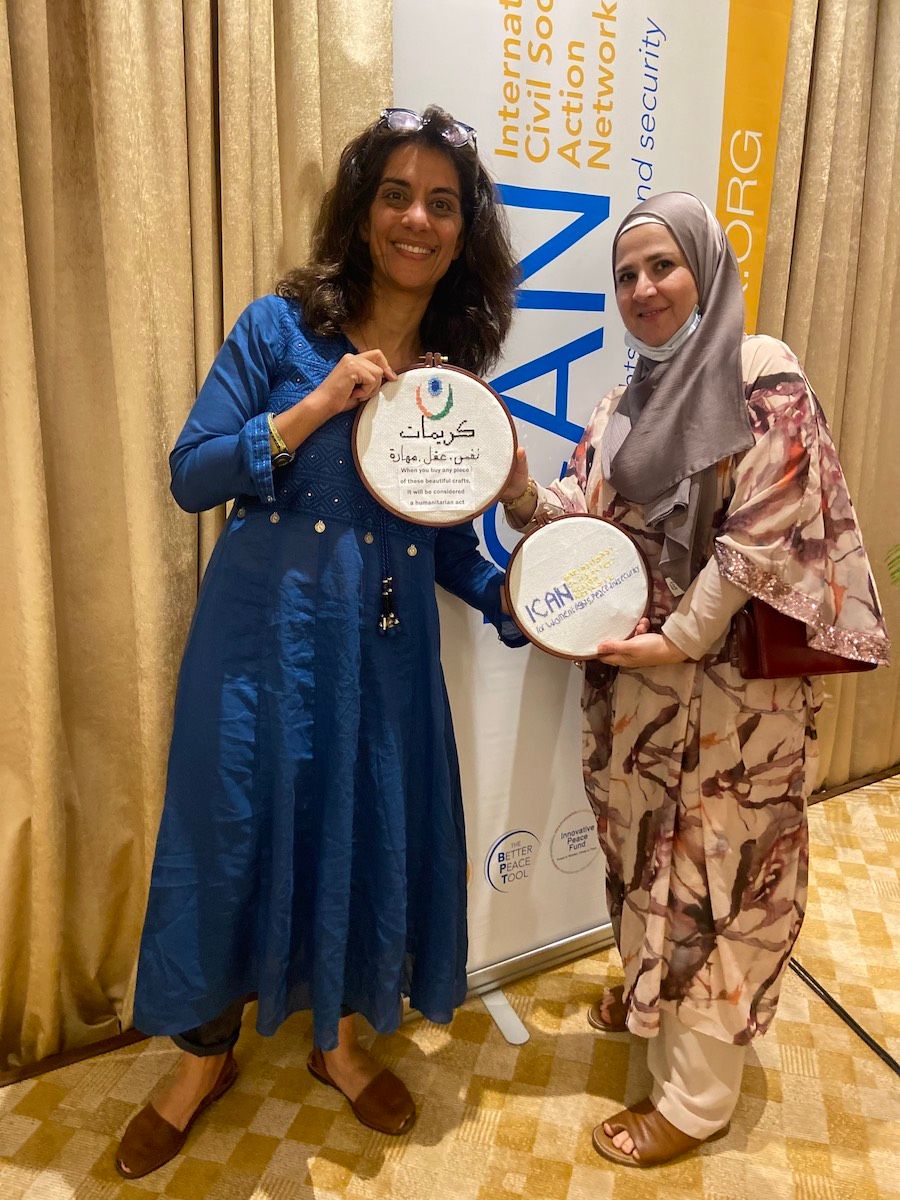
Acknowledgement for the work that “Kareemat” was doing came in fast. They won their first prize in 2016 from Al-Sharq Forum for small enterprises, while Najla was honored in 2017 in Qatar with the first-place award for scientific competence. The organization’s excellent reputation also spread in Turkey. As a result of Najla’s activity with her children and colleagues in the face of militarization with the rise of ISIS, and their efforts in encouraging young people to return to school, she won the Peacebuilding award in New York.
“Kareemat” became an inclusive environment that implements programs for international organizations such as the United Nations, UNICEF, and the Norwegian Refugee Council, both in Turkey and in Syria. It started expanding though registering in different Gulf and western countries, in order for Syrian refugee women to remain generously active wherever they are. What Najla started spontaneously without any prior planning became an example to follow. Its roots are in Syria, and its branches extend to wherever Syrian women are.
